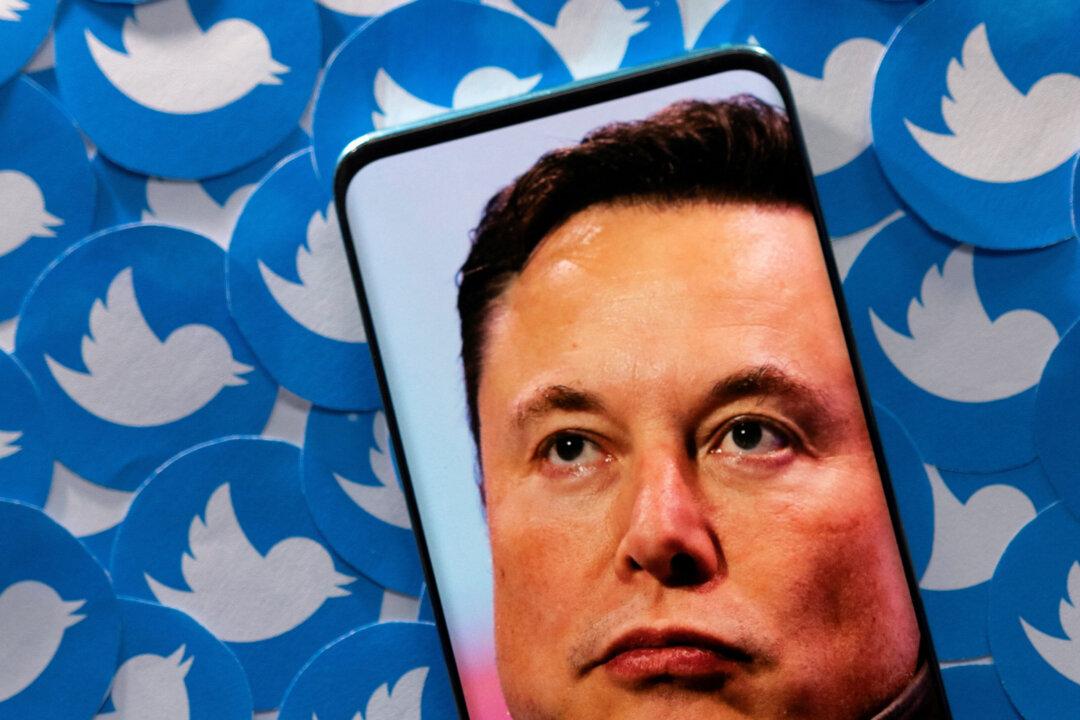Twitter CEO Elon Musk criticized BBC reporter James Clayton during an interview after the journalist consistently tried to insist that Twitter was enabling the proliferation of hate speech, but then failed to provide any proof of such content.
In the interview on April 11 at Twitter headquarters, Clayton insists that hate speech content has risen on Twitter. But when Musk asked him to provide an example of such content, Clayton was unable to do so. “I’d say that you don’t know what you are talking about … because you can’t give a single example of hateful content. Not even one tweet. And yet you claimed that hateful content was high. That’s false. That’s a lie,” Musk said.





